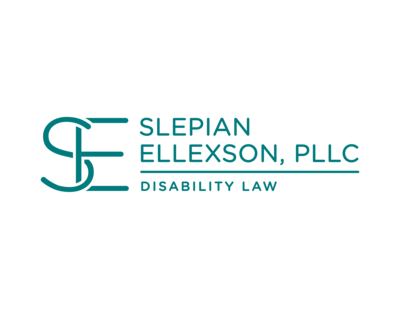PTSD: Recognizing the signs, and when it can become disabling
Published on March 28th, 2018 by Eric Slepian
After a traumatic event, it is not unusual to experience troubling physical and mental changes. For millions of people, these changes include development of a disorder called post-traumatic stress disorder, or PTSD.
PTSD can be a complicated condition, and people might mistake it for something less serious. However, PTSD can be a severe, disabling condition that warrants aggressive and ongoing treatment, so it is wise to know what PTSD might look like.
What are the signs of PTSD?
PTSD includes many symptoms. Not everyone experiences them all, and some may be more severe than others. Generally, though, there are four types of symptoms of PTSD, according to the National Institute of Mental Health:
- Re-experiencing a traumatic event, including flashbacks
- Avoiding people, places or emotions associated with a traumatic event
- Hyperarousal or reactivity, including angry outbursts or feeling tense
- Mood changes, including distortions of guilt, negative thoughts or loss of interest in previously enjoyed activities
Often, symptoms of PTSD start out seemingly minor, or they might not show up right away, which can make them easy to miss or dismiss. Paying attention and taking these and other symptoms seriously can help people identify when they need medical attention.
When might PTSD be a disabling condition?
PTSD falls under the category of trauma and stressor related disorders, which can be disabling conditions, according to the Social Security Administration. As such, PTSD can be disabling if it is persistent and serious and if it extremely limits a person’s ability to understand, interact with others, concentrate or adapt.
Under these circumstances, and if the symptoms prevent a person from working, he or she could qualify for benefits, including disability benefits.
If you are unsure about whether you or someone you love is suffering from PTSD or what you can do about it, you should consult a medical professional. Numerous care options are available, and without treatment, PTSD can get worse and lead to other serious conditions. If you have concerns about how to afford the necessary care, you can explore your options for financial benefits and resources with an attorney.



